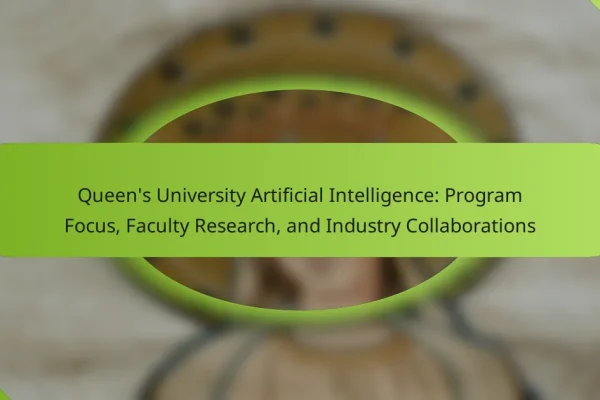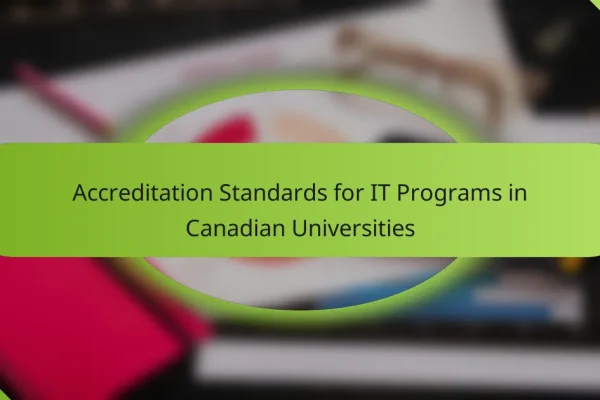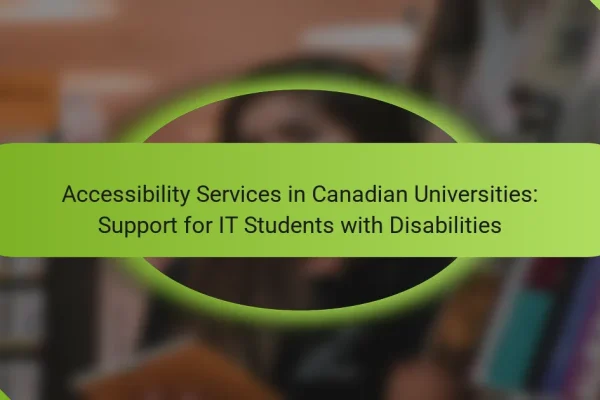
Structure of IT Fundamentals Programs in Canadian Universities: Foundational Skills, Learning Formats, and Pathways to Specialization
IT Fundamentals Programs in Canadian universities provide foundational knowledge in information technology, covering essential topics such as computer hardware, software, networking, and cybersecurity. These programs are designed to equip students with basic IT skills necessary for further studies or entry-level positions in the tech industry. Various learning formats, including lectures, hands-on labs, and online courses,…








